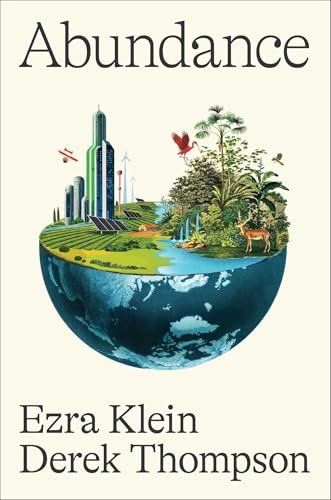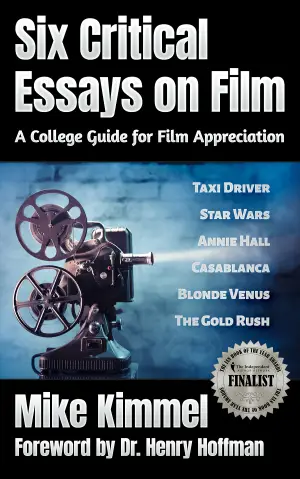Book Review: Abundance by Ezra Klein
When I first laid eyes on Abundance, Ezra Klein’s latest exploration of our potential future, I was instantly intrigued. The title itself suggested a sense of hopefulness that is often hard to find in today’s narratives about climate change and economic disparity. As someone who constantly navigates the complexities of societal shifts, I felt a magnetic pull to dive into Klein’s world—a futuristic inquiry that promises to challenge my own perspectives.
Klein paints a vision of 2050 where agricultural advancements and technological innovations have dramatically reshaped our realities. Picture this: you open your refrigerator to find local produce alongside cellular meat, all made accessible by efficient, sustainable practices. Initially, I felt as though I had stepped into an episode of Star Trek, a world where humanity has embraced progress and innovation, making life not only convenient but also sustainable. Yet, Klein’s celebration of progress is soon tempered by a sobering pivot toward the reality of political skepticism and inertia surrounding climate action.
Throughout the pages, Klein echoes a pressing urgency for immediate action against climate change. He vividly captures the dissonance between our desires to save the planet and the stark opposition many have towards necessary clean energy initiatives. His assertion that "half the country believes global warming is a grift" struck a chord with me—how can we reconcile hope with palpable denial? Klein effectively critiques the political landscape, revealing how both sides of the aisle have contributed to a lack of meaningful change. He argues that while we may yearn for a clean, equitable future, entrenched myths around government efficiency and market solutions often hold us back.
The writing itself is a blend of thoughtful analysis and passionate plea, making it engrossing yet reflective. Klein’s claim that "America developed a right that fought the government and a left that hobbled it" resonated with my own understanding of political dynamics. It illustrates a gripping tension that not only exists but flourishes amid our attempts to address systemic issues like housing, healthcare, and education. The anecdotes he uses—like the unregulated housing market in Houston contrasted with the stringent zoning laws of San Francisco—further emphasize his points, leading me to reevaluate my own beliefs about government intervention.
However, Klein’s moments of brilliance are occasionally overshadowed by contradictions that had me questioning his perspectives. At times, his vivid dream of decarbonization clashes with a sobering reality: bureaucratic inefficiencies and local resistance often hinder the grand visions he shares. For instance, his belief that solar and wind installations will become ubiquitous felt hopeful yet a touch naive in light of existing infrastructure challenges.
Ultimately, Abundance challenges readers like me not only to reflect on technological advancements but also to grapple with our collective responsibility toward sustainability. Klein’s work will resonate with those who are already concerned about the environment, as well as individuals seeking enlightenment about the complexities of our political landscape regarding climate action. It’s an invitation to explore both the possibilities and pitfalls of our future, making it a significant read for anyone invested in the ongoing discourse around climate policy.
After reading Abundance, I found myself invigorated yet contemplative, questioning the very fabric of our societal choices and the direction we’re headed. Klein manages to blend urgency with optimism, encouraging readers to confront uncomfortable truths while still fostering a vision of a better tomorrow—if only we muster the will to get there.
[ad_2]
Discover more about Abundance on GoodReads >>







